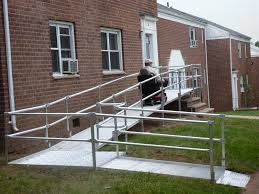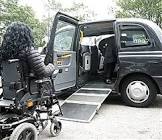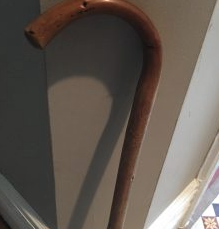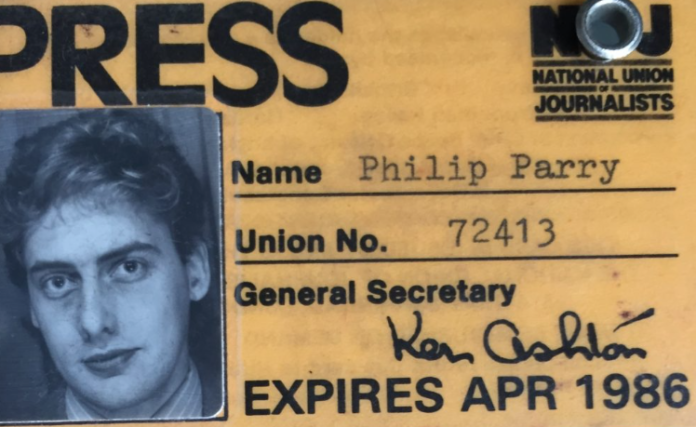- Repeating on you… - 4th March 2026
- History man - 3rd March 2026
- British Broadcasting Complaint (BBC) - 3rd March 2026

As a disabled person, our Editor, Welshman Phil Parry, who spent 23 years with the BBC, and 41 years in journalism (when he was trained to use simple language, avoiding jargon), looks with concern at news that Tanni Grey-Thompson was forced to crawl off a train, and research today which shows that The Equality Act and the UN Convention on the Rights of Persons with Disabilities are still not being implemented, years after they were announced.
Much has improved but much has not.

In the old days there would be a model of a boy with a stick and in callipers holding a collection box to raise donations for crippled children.
Now that would be viewed as appalling, and you see the Paralympics on television.
Rightly so.
Yet it is clear that there is much still to do.
As I have explained before, all people with disabilities want is to be treated EXACTLY the same as everybody else.
For example the ramps to get into buildings are excellent, but they are usually located a long way from the direct route that everybody else takes to the door – up the steps.


I do NOT want to feel like an outcast, so invariably I struggle up the steps using my stick and grabbing the handrail.
Presumably those in wheelchairs have no alternative but to take the ramp a long way away.
I therefore feel for Tanni Grey-Thompson who was in an even more awful situation on her way (ironically) to the opening ceremony of the Paralympics in Paris.

Lady Grey-Thompson, who has spina bifida, is a former Paralympic athlete and crossbench peer, was forced to “crawl off” an LNER train arriving at London’s King’s Cross.
Her plight was underlined by an interview in the Sunday Times (ST) in which she said: “There was no one on the platform. The train was quiet. I’d screamed ‘Help, Help, Help’ a lot”.

But she is not alone in experiencing humiliating events.
I have, myself, suffered them – including having to be CARRIED to my seat in order to see a play by a kind friend, because the theatre was so poorly designed for disabled people.
In the past I have also managed to struggle up the steps into the stadium to see a football game because of a handrail, but there was no way I could reach my seat!

“The system is just not working”, says Lady Grey-Thompson – and I agree with her.
The Equality Act 2010 and the UN Convention on the Rights of Persons with Disabilities 2011 mandate equal access to transport for disabled people, but research shows that neither are being implemented on the ground: more than half of people with complex disabilities find public transport inadequate, with issues including overcrowding, a lack of staff-support and negative attitudes from workers and other passengers.

Mike Brace CBE, a former chair of the British Paralympic Association (BPA) and a member of the UK Government’s Disabled Persons Transport Advisory Committee (DPTAC), said the public transport system was so “sprawling” that improving access for disabled people was almost impossible.
Mr Brace, who sits on DPTAC’s rail working group, said the Department for Transport (DfT) took feedback from his group seriously but the implementation of their advice was almost impossible considering the diverse nature of the transport system.


“There are a number of good schemes going to help disabled people access the rail network but when there are 14 rail companies who need to implement those changes, there is an issue”, he declared.
“The problem is the same with taxi refusals for guide dogs and wheelchairs, or airlines breaking wheelchairs when they’re in transit”.
Lucy Webster, a disability advocate, has proclaimed that a lack of scrutiny and accountability of transport operators was a key issue, leading to ineffective complaint processes and fatigue among disabled passengers.

“There’s no regulator we can call that has any power, so why would companies care when they can get away with it?”, she has said.
“The only way we can challenge these failures is through the law, and that is time-consuming, takes energy, understanding of process and more things that are simply not accessible to a lot of disabled people.”

Emma Vogelmann, the head of policy at Transport for All (TfA), stated that “systemic issues” blight the entire transport network for disabled people and “despite numerous complaints, systemic change is just not happening”.
“Rail is particularly problematic, with disabled people often facing barriers and fearing inadequate assistance”, she said.
Harriet Edwards, the head of policy at the deafblind charity, Sense, said there is a perfect storm in which the UK Government continues to fail in its responsibility to ensure transport operators comply with the law.

“Despite the rhetoric, there has been little action to change the situation on the ground for disabled people”, she insisted.
“The lack of policy prioritisation and funding is a significant barrier to making the necessary changes”.
This, she said, was economically unjustifiable. “Making the transport system accessible could generate £72.4 billion a year in economic benefits”, she said. “Accessible transport helps tackle loneliness and isolation, with significant health and social care impacts”.

There is the truth of the matter, and buildings need to be ‘accessible’ too with ramps that do not make you feel like a pariah using them…
The memories of of Phil’s extraordinary decades long award-winning career in journalism (when how disabled people were treated was VERY different at the beginning) as he was gripped by the rare neurological crippling condition Hereditary Spastic Paraplegia (HSP), have been released in a major book ‘A Good Story’. Order it now.
 Tomorrow how during that career he has always been lucky enough to work in a largely free environment, and this is now emphasised by a book which has just been published from a writer who walked out with other reporters to found another more independent newspaper, after the proprietor muzzled a critical story.
Tomorrow how during that career he has always been lucky enough to work in a largely free environment, and this is now emphasised by a book which has just been published from a writer who walked out with other reporters to found another more independent newspaper, after the proprietor muzzled a critical story.










